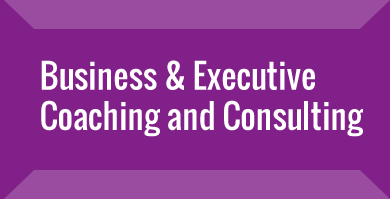Psychology and other social sciences offer a huge body of experimental studies that demonstrate the allure of cheating.
In The Ethical Executive: Becoming Aware of the Root Causes of Unethical Behavior: 45 Psychological Traps that Every One of Us Falls Prey To (Stanford University Press, 2008), Robert Hoyk and Paul Hersey describe the ethical traps inherent in any business environment.
Many of these traps are psychological in nature, creating “webs of deception” that distort our perception of right and wrong. Such rationalisations lead us to believe our unethical behaviour is normal and appropriate, and they have contributed to large-scale corporate disasters like the Enron and WorldCom affairs.
The Brain Science of Traps
Fish are caught in wire cages with funnel-shaped entrances, which are designed to direct the fish to swim inside.
In the same way, individuals and organisations move in a certain direction—one that may trap them if they fail to reverse an ill-fated course.
At any given moment, we have impulses that motivate us to act.
They are reactions to internal or external stimuli, which may be powerful enough to trigger automatic behaviour. At this point, we may rationally ignore other (and better) options.
Other times, we’re aware of several distinct choices, but the stimulus’ effect overrides these potential actions.
We may desire a specific outcome so strongly that it propels us to move in an unsound direction. Anxiety and stress may also compel us to make choices that alleviate our short-term distress, yet lead to irrevocable long-term consequences.
Not a month goes by without some highly publicised ethical scandal. Be it tax evasion, executive pay excesses, sexual dalliances and outright fraud. Many individuals are simply unable to resist temptation.
Does this make the perpetrators corrupt sociopaths? Sometimes, but usually not.
They’re often leaders and pillars of the community, and their actions leave us shaking our heads and wondering what were they thinking.
Cheating isn’t limited to those in positions of power. While power is certainly fraught with opportunities and temptations, each of us faces daily choices that involve doing the right—or wrong—thing. Only when a CEO, politician, celebrity or sports legend gets caught does the problem rise to front-page news. Just ask Tiger Woods.
But the same ethical traps lie in your path. Even the little guys transgress. Often, people feel an urge to cheat—a strange pull to try to get away with something.
Sometimes it’s small; other times it’s scandalous. Sometimes it matters; other times it goes unnoticed.
With thanks: Coach2Coach Newsletter, 29th June 2010



























